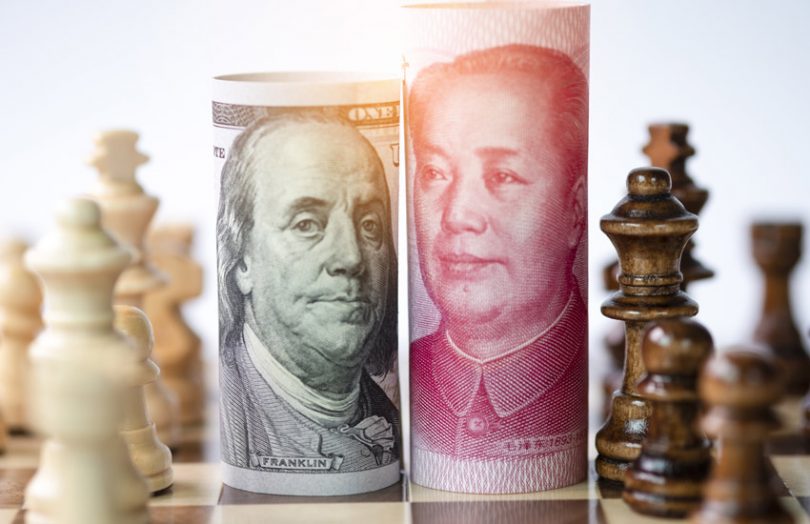Former U.S. Secretary of the Treasury, Henry Paulson has argued that the soon to launch digital renminbi will not displace the U.S. dollar. Writing in Foreign Affairs, Paulson acknowledges the challenge from the renminbi (RMB), but says “a central bank–backed digital currency does not alter the fundamental nature of the RMB.”
This is a sentiment shared by the IMF’s lead economist.
To maintain the dollar’s dominance on the international stage, Paulson outlines the need to preserve the reasons for the dollar’s attraction. These include a vibrant economy and strong economic policies. This is combined with a transparent political system, leadership abroad, and the ability for the post COVID-19 economy to be a success.
However, the former CEO and Chairman of Goldman Sachs warns that U.S. regulators should not stifle U.S. firms in the digital currency sector, provided they have robust controls against illicit finance. He compared payment solutions such as Apply Pay and Venmo to Alipay and WeChat Pay, saying they are just as good.
Paulson also highlights the risks of sanctions enabled by dollar dominance, which could drive the development of alternative currencies. A week ago, we wrote that it was proposed in China to create a basket currency for trade between China, Hong Kong, Japan and South Korea. We also explored a global currency basket as an alternative to the dollar.
Paulson also recognizes the potential challenge of the yuan. He even states that in the future, there is likely to be equal weight given to two or more global currencies and the renminbi is a contender. The reasons are the size of China’s economy, its growth prospects and international integration through trade. Additionally, it is making a concerted effort to internationalize the renminbi and could extend its existing footprint abroad.
The former Treasury Secretary also highlights what needs to happen for the renminbi to be more broadly accepted. These include more progress on a market driven economy, better corporate governance and financial market regulation. And he says capital controls need to be eliminated.
Not mentioned is China’s halting steps in this direction. It has made significant recent strides in opening up to foreign investors, but at the same time issues warnings to companies listed in China when foreign ownership edges to 30%.
Paulson’s key point is that the “main risk stems not from Beijing but from Washington itself. The United States must maintain an economy that inspires global credibility and confidence.”
Meanwhile, the Digital Dollar Project hopes to accelerate the creation of a U.S. central bank digital currency (CBDC) and the Federal Reserve has started to assess the options.






